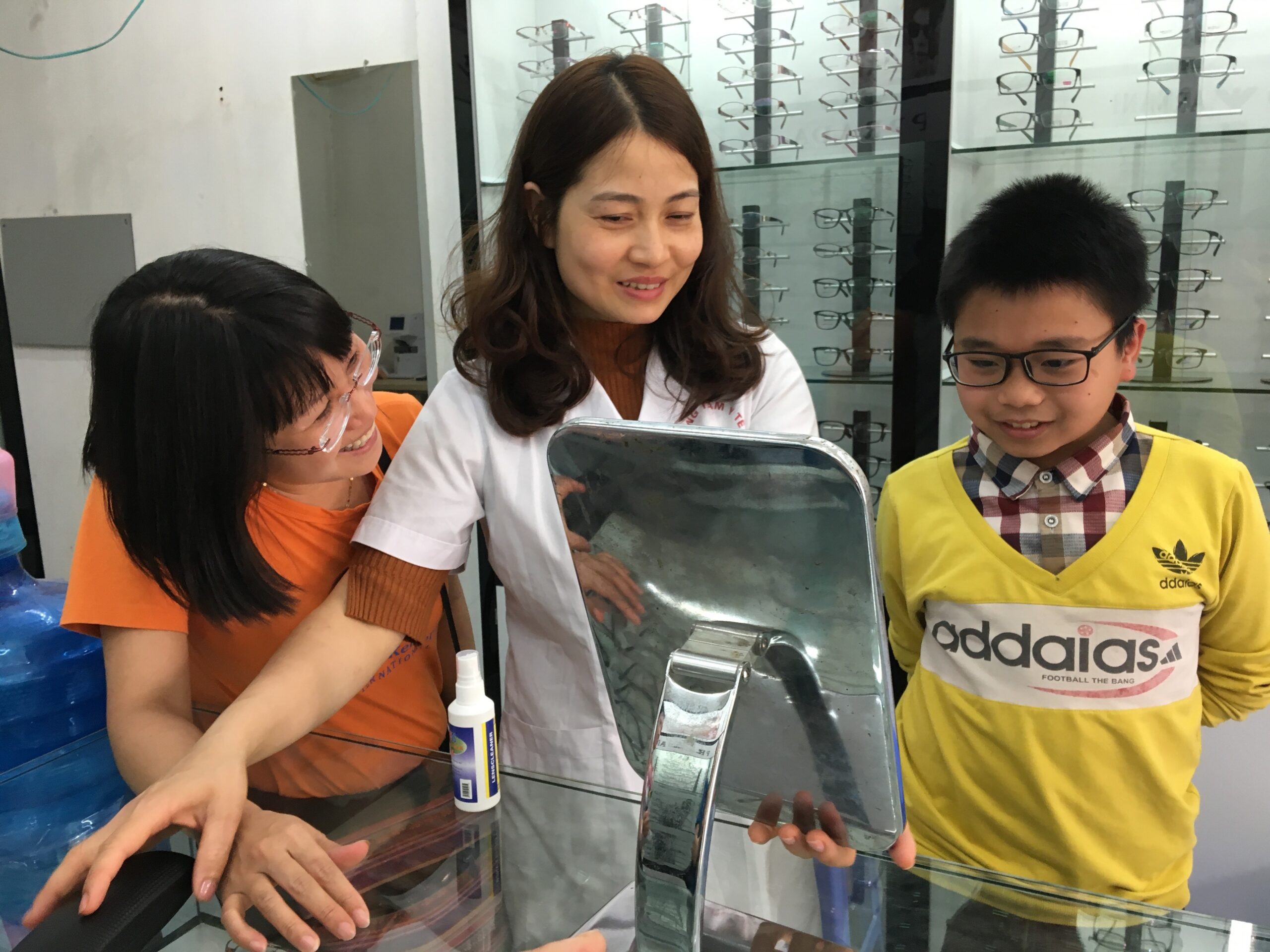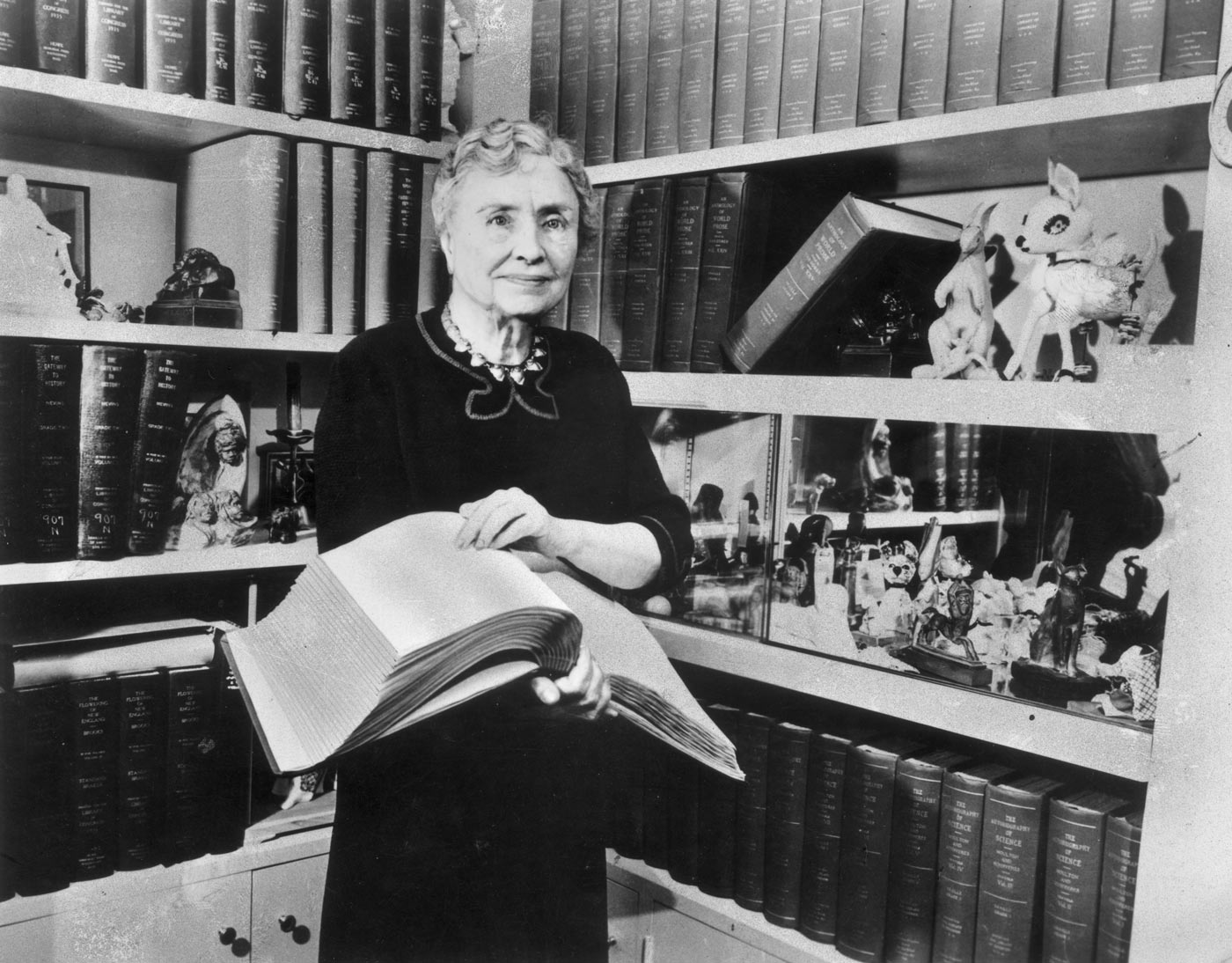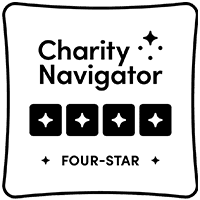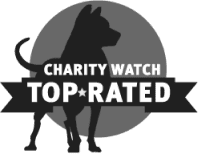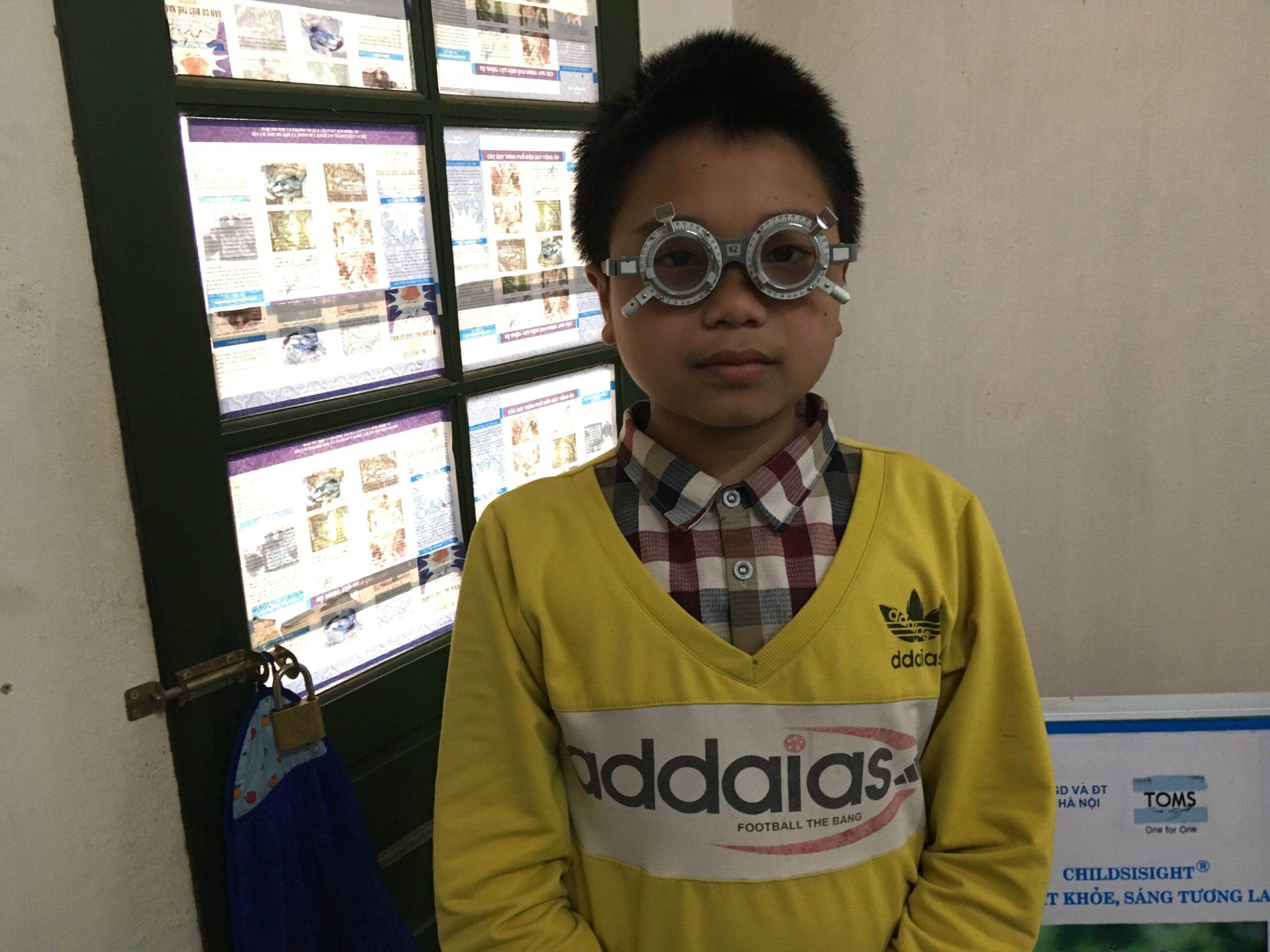
Opticians with a Mission to Improve Sight in their Community
On a recent Thursday afternoon, the optic shop in Quoc Oai district on the outer edge of Hanoi was a hive of activity. In one compact room, lined floor to ceiling with shelves of eyeglasses, a twelve year-old boy stood against a wall, casually wearing a phoropter as though it were a pair of glasses. He waited patiently for the center’s co-director, Nguyen Thi Dinh, to finish testing his eyesight and determine the correct eyeglass prescription. Dinh had stepped away to help a teenage girl in her school uniform choose a pair of glasses from among the hundreds on offer. In another corner, a third client was dutifully staring into an autorefractor as Dinh’s partner, Nguyen Thị Ngoc, took her eye measurements.
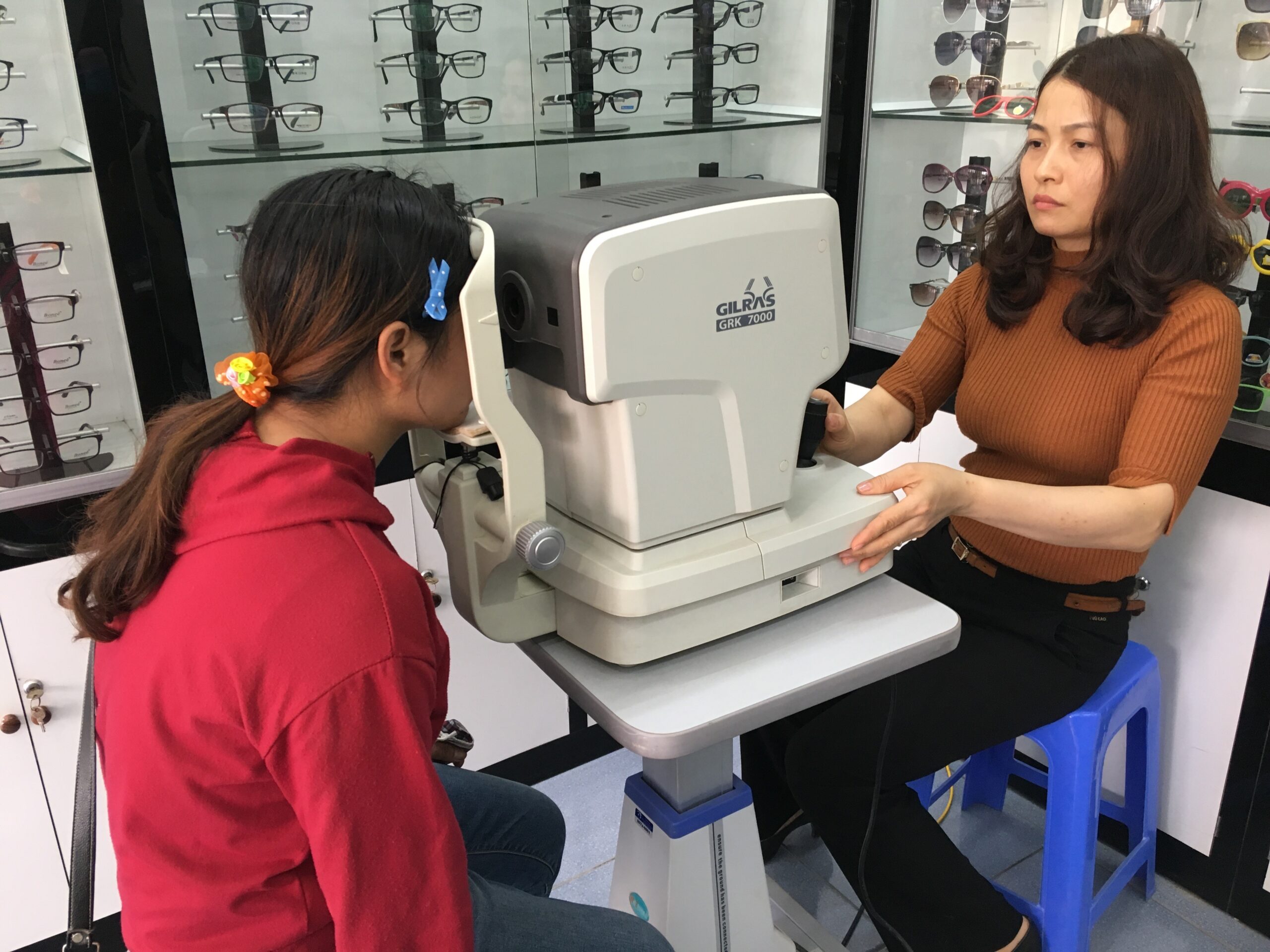
Meanwhile, the back room was momentarily empty of people but full of new, modern equipment for cutting thick slabs of glass into lenses customized for specific prescriptions and frames.
It may not be visible, but a quiet revolution is underway here. In Vietnam, hardly any optic shops follow licensing requirements, and staff members are often fuzzy on the technical aspects of vision care. It’s not unusual for customers to go home with inaccurate glasses prescriptions or lenses that don’t properly correct their vision. But with training and support from Helen Keller’s U.S. Vision Program, Dinh and Ngoc have learned the ophthalmology skills they need to provide reliable eye exams and manufacture lenses in accordance with the prescriptions they write.
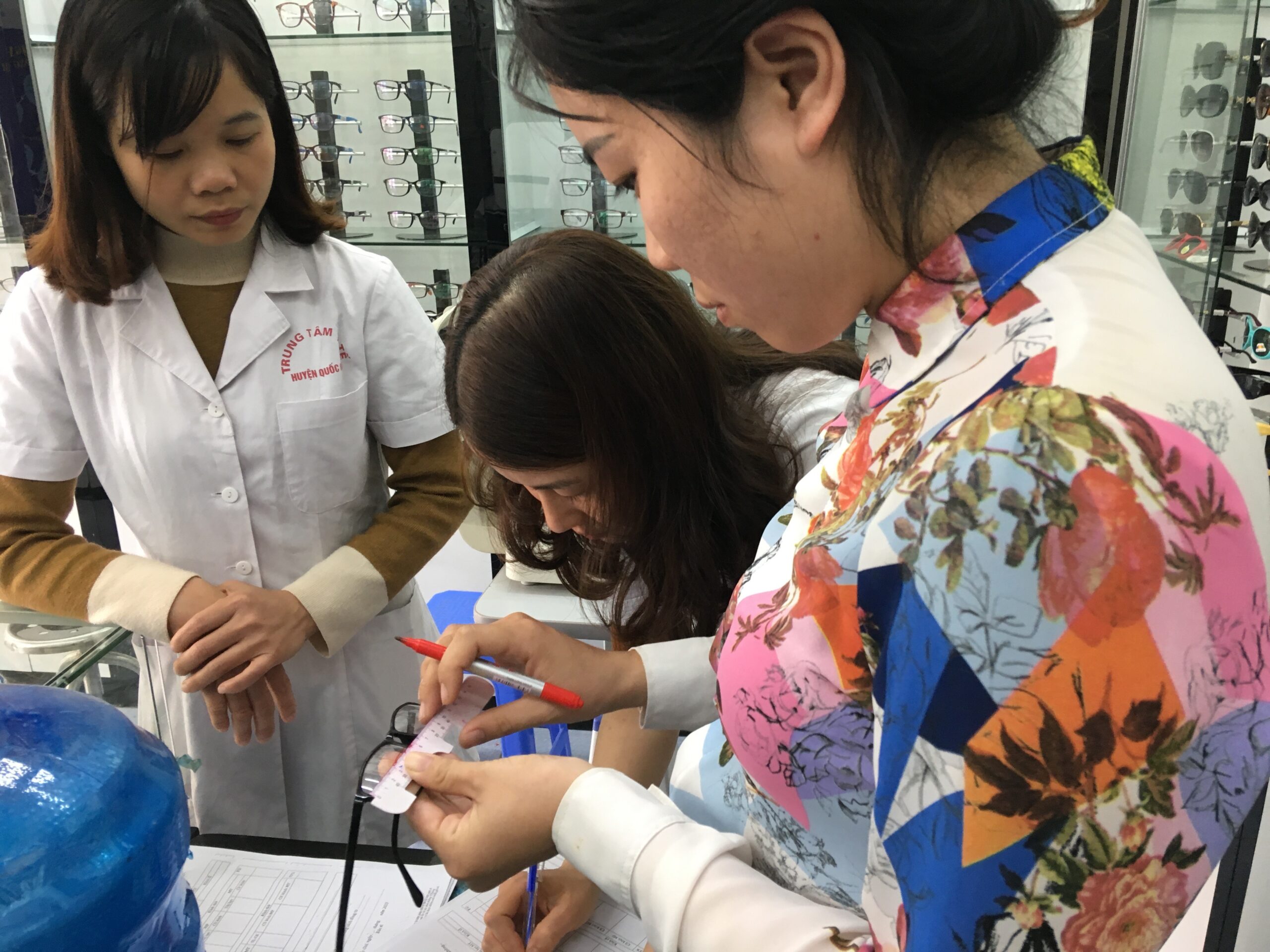
“I love ophthalmology,” said Dinh, who trained as a nurse at Ha Dong Eye Hospital. In 2007, she began directing the eye care program at Quoc Oai District Health Center, and it was in this capacity that she noticed disquieting gaps in services during annual school health checks. “I found many children with eye problems; however, they did not receive timely and appropriate treatment. I did not have expertise in refraction. My office did not have the funds and necessary ophthalmology equipment for refraction and eye examinations. We also did not have any experience in running an eye care business.”
Through its U.S. Vision program, Helen Keller covered the tuition fees for courses on refraction, vision center management, and eyeglass dispensing that Dinh and Ngoc attended. The classes, taught by the Vietnam National Institute of Ophthalmology (VNIO) and supported by Helen Keller, are the first in Vietnam to train opticians on proper preparation and dispensing of eyeglasses.
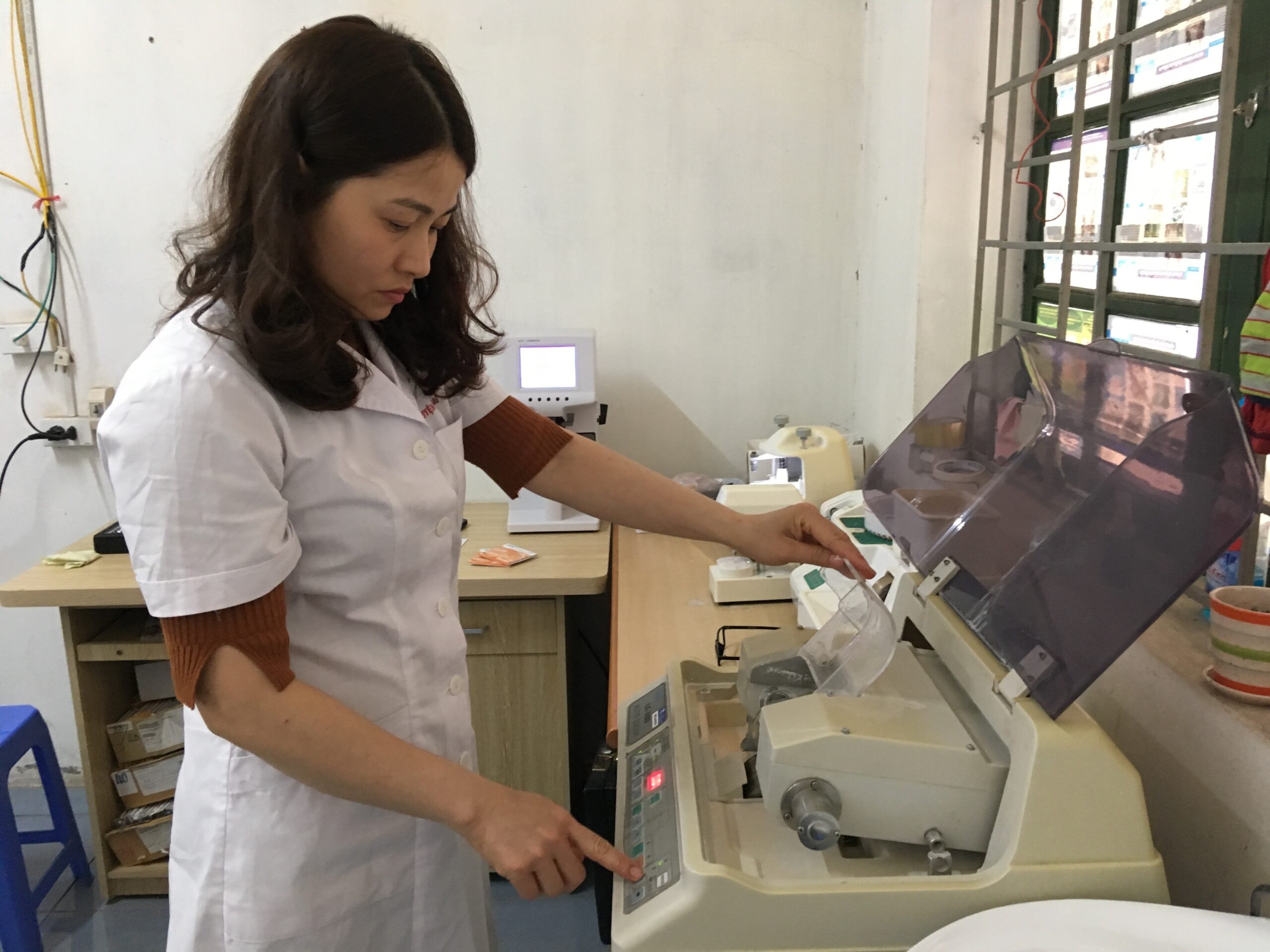
“Now, I can diagnose and prescribe eyeglasses to correct refractive errors and help people to see clearly,” said Ngoc. “I feel confident providing these services.” Dinh agreed. “Before the ChildSight program, it was very difficult for me to examine children with astigmatism. Since my involvement in the program, I am more confident in diagnosing astigmatism and prescribing glasses that correct it. I feel very happy to have the necessary skills and experience of an optometrist.”
With additional financial and in-kind support from Helen Keller’s U.S. Vision program, Dinh and Ngoc opened and operate the private optic shop in Quoc Oai. So far, HKI has helped to establish seven such vision centers in Vietnam. In return for Helen Keller support, the business owners agree to subsidize vision screenings and eyeglasses for poor children and the elderly, whom they serve both in vision centers and in schools. Helen Keller Intl, too, subsidizes a portion of the cost, making quality eye care accessible to even the most disadvantaged communities.
By investing in local partners like Dinh and Ngoc, the U.S. Vision model empowers individuals not only as entrepreneurs but also as architects of sustainable vision care infrastructure. Ngoc believes deeply in this mission. “I want to help everybody to have healthy eyes and to see more clearly,” she said. “It is the way I serve my community. It is my greatest wish to continue to provide these services!”
